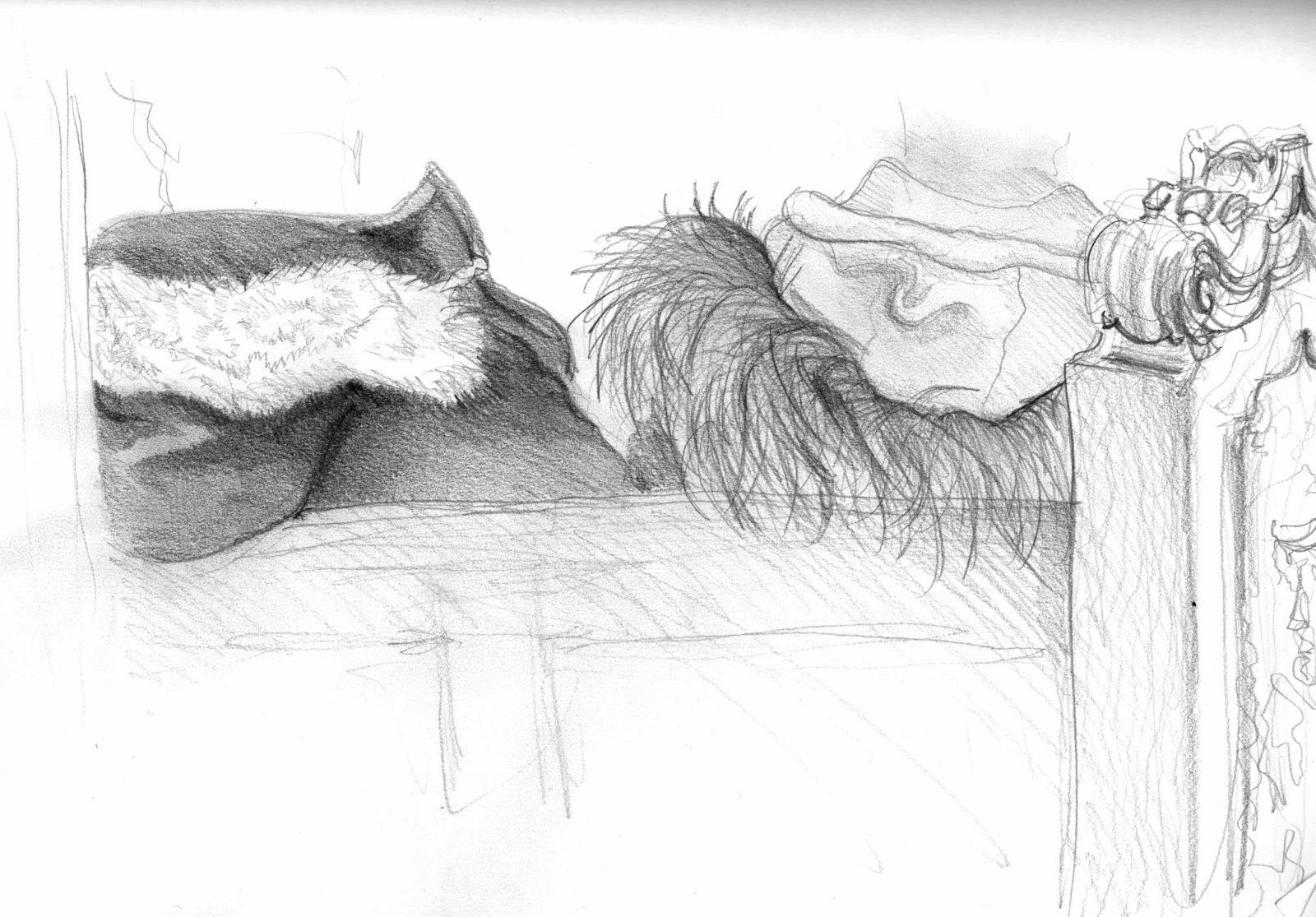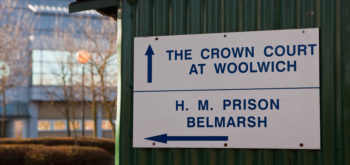Of our three branches of government, two have adopted reasonably well to the social-distancing working life now requires, with parliament’s move into the land of video-conferencing impressively smooth, and the inadequacies of the government more down to the players than to the stage. The third branch, our judicial system, however, has struggled.
Even before coronavirus hit, the justice system was already under significant strain, with the courts having become the government’s whipping boy under austerity. The slightest cut to the NHS would have been met with public outcry, but the then-government knew that the butchery of the courts would not merit even a flicker of the nation’s collective eye, and so hacked away with vigour. Consequently, we had a backlogged civil and criminal court case list, an undermanned judicial bench, and an estate that was literally crumbling around lawyers’ ears, as we were thrown into the brave new world of a socially-distanced justice system.
Admirably, despite this handicap, some semblance of normality has been maintained, particularly in the civil division. For some time, court bundles have been digitised (while, doubtless, still subscribing to Sir Stephen Sedley’s Laws of Documents), and hearing-by-zoom, while obviously subpar, is possible when every participant is sympathetic to their co-participants’ shared plight. Indeed, some benefits will accrue, such as, for barristers, the end of travails across the width and breadth of the country for a ten minute case management hearing. Ears will have become closed to the cries of resistance from luddites.
It is in the criminal courts where the real brunt of the protective measures are being felt. The logistics of organising witnesses and the disclosing of evidence alone must seem insuperable, setting aside the less obvious consequences, like the benefits of a quiet conference between counsel and their defendant client on how they want to proceed. That physical proximity, so integral to trust and understanding, cannot be comparably manifested in a virtual world, our pixelated selves poor cousins of the real thing.
The most vexing issue, however, is what to do with juries. For the moment, jury trials have been suspended, and it seems obvious that they cannot become virtual. Even when the participants are all au fait with the legal system, difficulties abound. To introduce twelve novices into the equation and to expect them to sit, undisturbed, for hours at a time at home, and then to deliberate effectively at the end of it all, is clearly nonsense, as those American states attempting it are sure to discover.
Simultaneously, it is obvious that jury trials cannot be conducted as normal. Even when this near-absolute lockdown ends, social-distancing will have to be maintained for months. Keeping twelve people closely confined, possibly for weeks, and releasing them each day into the community can only end in disaster. For some, the solution to this is to conduct judge-only trials. Geoffrey Robertson, the eminent human rights QC, has proposed this, arguing that they have done the same in Australia for some time, allowing the accused to choose trial by judge
Those resisting argue that this is an abridgement of one of our most fundamental rights – the right to trial by a jury of our peers dating back to a time when the accused could still elect trial by combat as a means of proving their innocence. This is true, but the mere fact of a lengthy existence does not, in and of itself, justify a system that could result in the deaths of hundreds or thousands of these selfsame peers. Considering the historical context however, is relevant, as many have done in noting that we have did not even suspend jury trials during WWII, and only suspended them in the 1980s as the Troubles prevented a free and fair jury being assembled.
Of the two, it is the latter analogy which is the more fitting to our current predicament. While we did not suspend jury trials during WWII, the threat to the nation was none the greater or lesser because of the continuance of jury trials. The risk of harm instead came from outside our borders. In contrast, jury trials were suspended during the Troubles because the risk of harm came from being on the jury itself, either as a result of threats being made against jurors, or due to the risk of perverse verdicts, the pull of community ties being too strong at a time of perceived occupation. Thus, Diplock trials were the only way of ensuring justice was both done, and seen to be done. In our current circumstances, the threat is once more coming from the simple fact of being on a jury.
Nor should we eulogise juries as some form of model of judgement. Mark Twain called them ‘the most ingenious and infallible agency for defeating justice that wisdom could contrive’, while studies have repeatedly shown that juries are susceptible to prejudice, at risk of disobeying instructions to not research the case, and do not understand all the directions they are given by the judge- and by extension, the arguments put forward by counsel. Nor do our European cousins use juries as frequently, and in that vein, the right to a fair trial in the ECHR does not specify any right to trial by jury. Such arguments may be insufficient to justify permanently replacing juries with judges, but are enough to show that in suspending some jury trials, we are not suspending a faultless or universal system.
If the government were to maintain jury trials, steps would have to be taken to ensure their safety and fairness. Already, it is being considered as to whether alternative, more spacious facilities could be found, while the Lord Chief Justice, Lord Burnett has proposed moving towards smaller juries, as was last done during WWII. Sequestering juries could be another, albeit more expensive route, provided jurors are tested before being empanelled. All of these steps will, nonetheless, be unable to remove a pervasive sense of unease amongst jurors and court staff. Such unease may not affect a juror’s judgment, but it is difficult to know. If there is a single juror with reasonable doubt, will they stick to their guns, forcing the jury to return to deliberate, or will they just give in to the will of the majority?
We require judges to make decisions of great significance every day. Our judges have responsibility for the functioning of the constitution, the protection of our rights and the deciding of our contractual disputes. Within the criminal arena, relatively few cases even make it to jury trial, with the overwhelming majority heard before magistrates. Even those few that proceed to the Crown Court are settled in the majority of cases, and even then, many of those decisions are later appealed before a panel of appellate judges.
No one is suggesting that we are at risk of ending jury trials permanently, as Lord Hodgkinson has argued. The notion of jury trial is too embedded in our national DNA for its suspension to become permanent – its inclusion in Magna Carta, if nothing else, means people are too proud and too aware of it for it to be cavalierly discarded when this government d turns its attention back to judicial reform. For the moment, we are all adapting and making sacrifices, some greater than others. To ask that some defendants choose trial by judge, given the circumstances, is not an unreasonable request.







